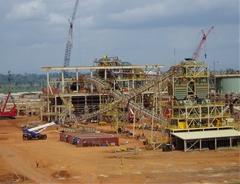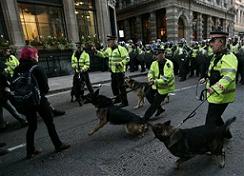
Unpacking for a Disaster
Source: Tom Dispatch
The first American responses to the triple calamity in Japan were deeply empathetic and then, as news of the Fukushima nuclear complex’s leaking radiation spread, a lot of people began to freak out about their own safety, and pretty soon you couldn’t find potassium iodide pills anywhere in San Francisco. You couldn’t even — so a friend tells me — find them in Brooklyn.
The catastrophes were in Japan and remain that country’s tragedy, so we need to keep our own anxieties in check. Or harness them to make constructive changes in preparation for our own future disasters (without losing our compassion for those killed, orphaned, widowed, displaced — and contaminated — in northeastern Japan). But last week saw a deluge of bad information and free-floating fear in this country.




